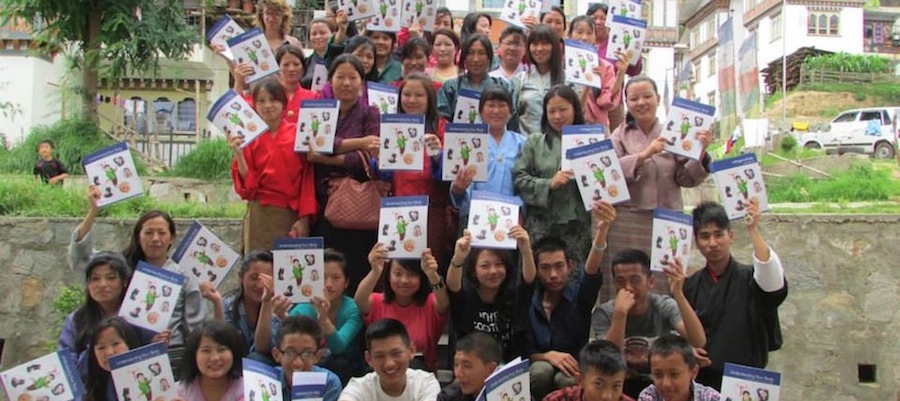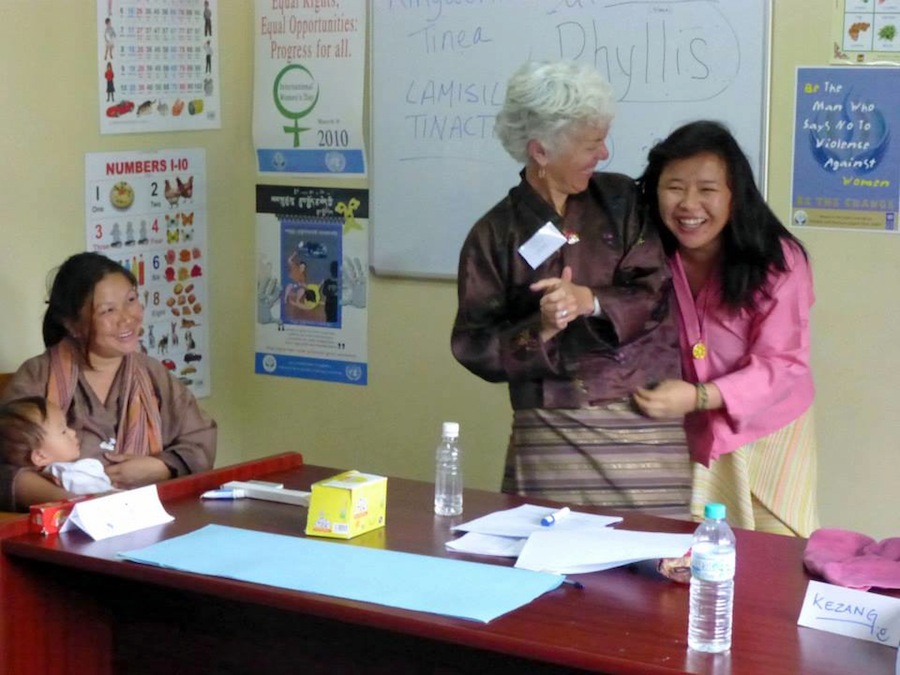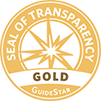
With limited health education available to them, many women in Bhutan do not know basic health and hygiene skills. Some health issues are taught in schools, such as hand washing and cleanliness, but subjects like menstrual health are never part of the school curriculum. Furthermore, 55% of women are illiterate and never attended school, and others dropped out of school very early, never completing primary or lower secondary school.
One of READ Bhutan’s priorities is to provide much-needed health information to community members in READ Centers.
A shocking 99% of READ Center users in Bhutan report that they would not otherwise have been able to access the information available at their Center.
In the last year, nearly all Center users in Bhutan (97%) accessed health information on topics such as general health, sanitation, or hygiene.
Women in READ communities gathered some information on health issues on their own, but approached READ looking for more information. At the Changjiji Center in Thimphu, they wanted to know more about urinary tract infections (UTIs) and cervical cancer to help them be better prepared to prevent these health concerns.
In order to answer these questions, and many more, Phyllis Bergman, an American nurse practitioner for over 30 years, held a series of free weekly women’s health and first aid awareness classes at four Centers from May to November 2013, with a total of 120 women attending the trainings. After each session, Phyllis offered breast examinations to women who were interested. In Changjiji, 30 women signed up for a pap smear test as well.
As a result of the health classes, women in the community are more informed about their health and less hesitant to discuss women’s health issues. Center coordinators have seen an overwhelmingly positive response to the health classes from the participants.

In order to build upon the success of the women’s health classes, READ Bhutan and Phyllis, in partnership with HomeNet South Asia, created a simple yet informative guide to women’s health. Using diagrams, pictures, explanations of causes and symptoms, and tips for prevention and treatment, this colorful practical guide is available in both the local Dzongkha language and English, and can be easily understood by illiterate women as well.
The guide contains information on women’s health such as menstruation, pregnancy, birth control, urinary tract infections, cervical cancer, and breast cancer. It also discusses common repetitive stress injuries that affect women who work as weavers and produce textiles. The booklet concludes with an in-depth discussion of general health issues that affect both men and women, such as hand washing, ringworm, blood pressure, fever and colds, diabetes, and alcohol abuse.

If you are interested in seeing the full guide, contact ngawang@readbhutan.org.
The Women’s Health Manual was distributed at Changjiji on July 13, 2014, to coincide with International Women’s Education Day.
The booklets were distributed to more than 30 women at the event and will be available at all READ Centers in Bhutan. This manual ensures that women from all communities, not just those who attended Phyllis’s trainings, will be able to access important information about their health.
At the launch for the Women’s Health Manual, some women who had attended the classes shared their happiness at being able to see the Health Manual finally in print, as they would now to have something to refer to again and again at home.
“It was eye-opening experience attending the health classes at Changjiji READ Center. We learned a lot about our bodies,” said 29-year-old Sonam Wangmo.
39-year-old Rinzin Pem recognizes that this new information will benefit future generations as well: “We learned how important menstrual health is for us from the training and as mothers, the knowledge we gained through the program would be passed onto our daughters.”

About the author:
Helen Greene, READ Global Communications Intern
Helen is a senior at Princeton University studying Comparative Literature. Home for the summer of 2014, she joined READ Global as a Communications Intern, writing blog and social media posts, among other things. She looks forward to a career in the non-profit field focusing on women’s empowerment, health, and education.



